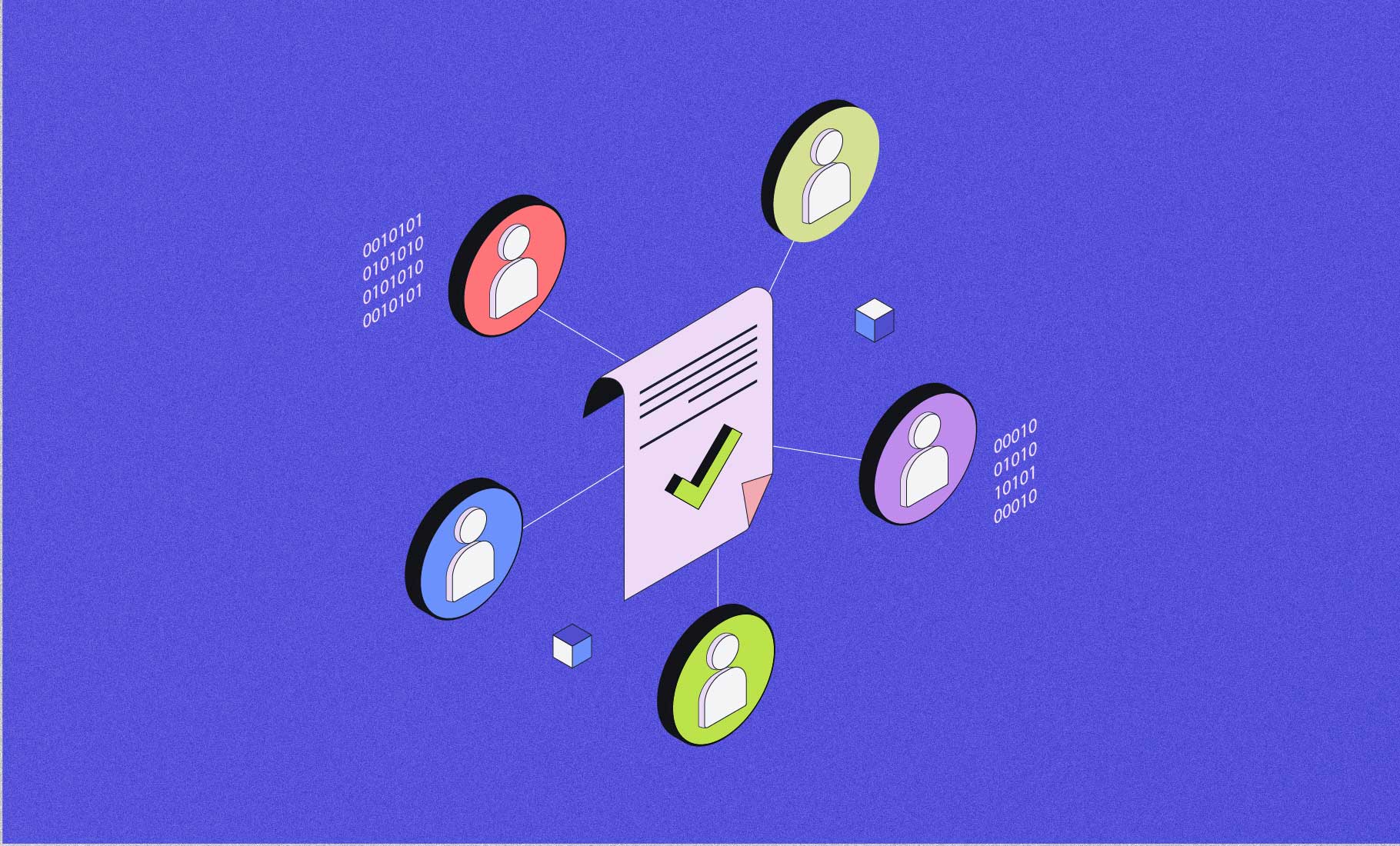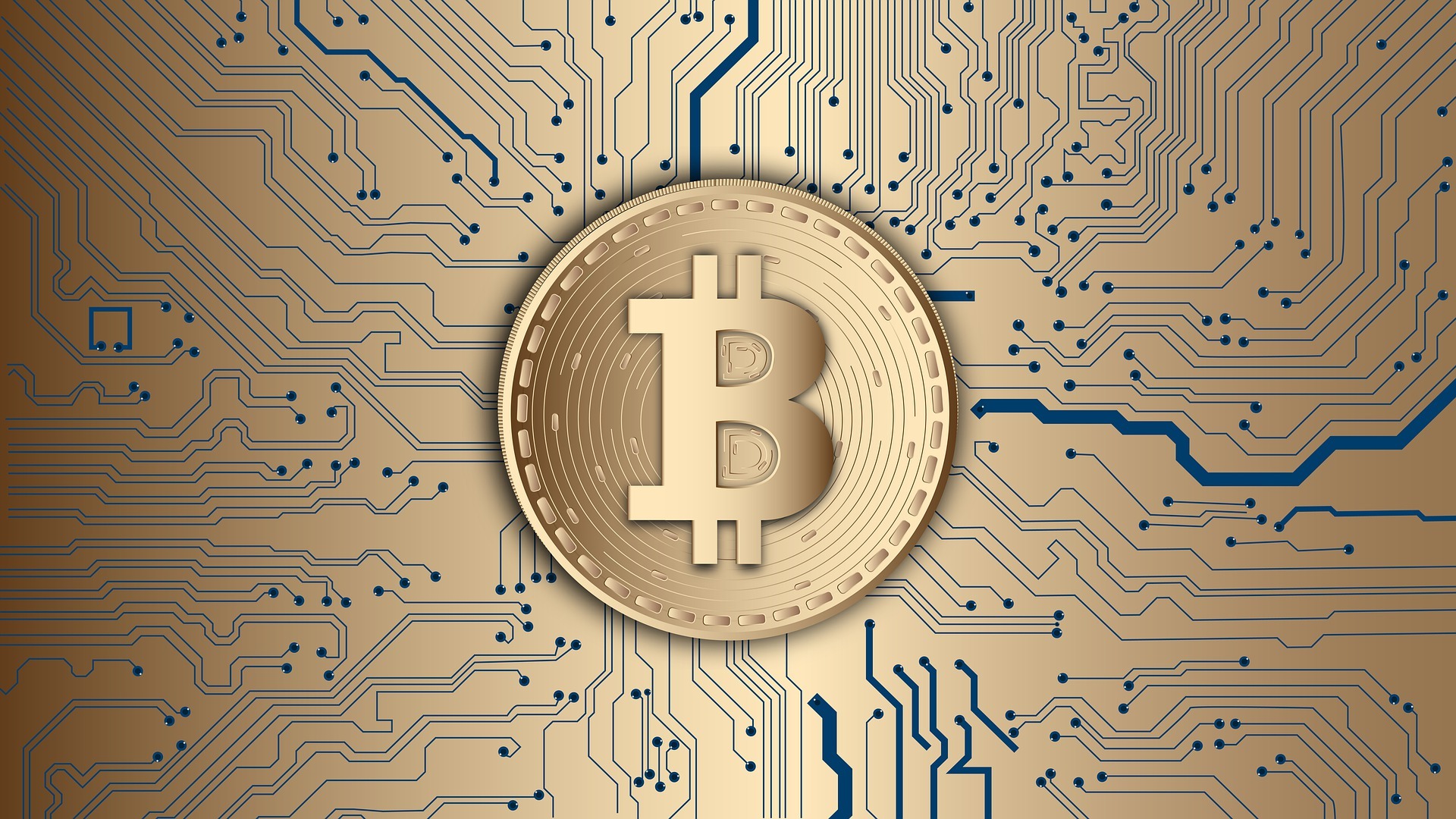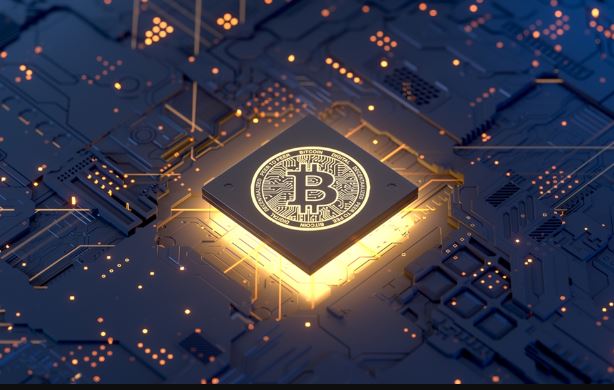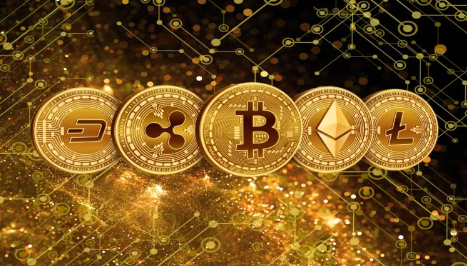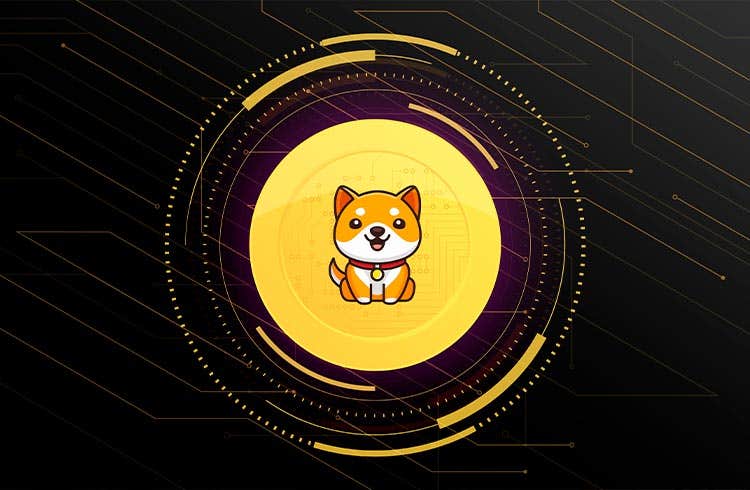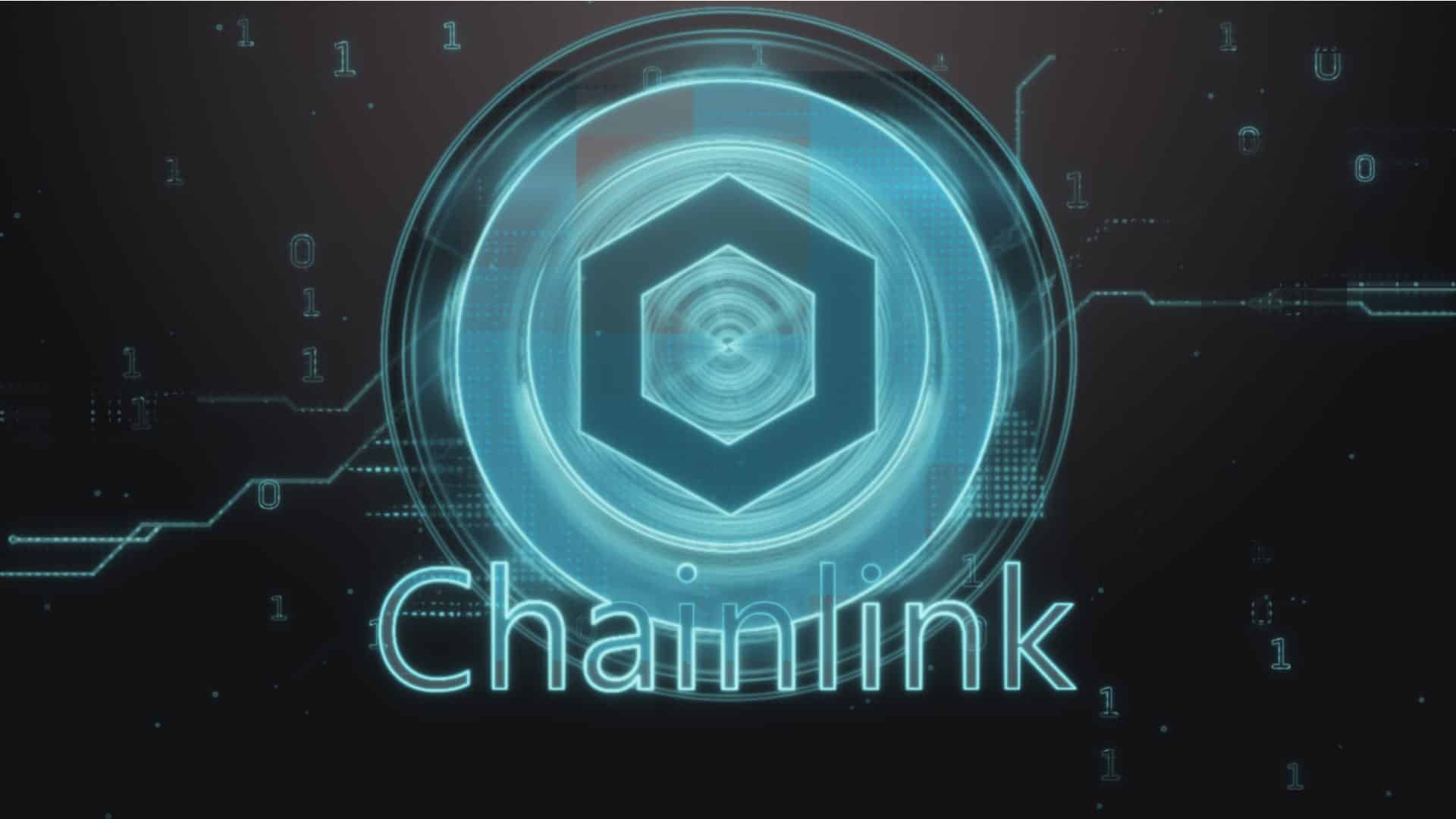Table of Contents
What are the main advantages and disadvantages of a world of decentralized finance? What risks do we have to take into account for more or less each of the products?
Is it worth paying for DeFi?
Definitely yes! Although it may seem that there is not the least risk from the article or video, they are definitely offset by the possibilities that this world offers. Whether we are talking about possible profits from the purchase of new cryptocurrencies or their interest rates, or in general the possibility of being truly anonymous in the world of cryptocurrencies and taking full advantage of the opportunities offered by decentralization. So here goes e.g. that there is no KYC questionnaire or restrictions on who can participate in DeFi products. Or that when you use those really decentralized DeFi products all the time, only you keep the private keys from your cryptocurrencies.
Last but not least, the products themselves are set up on the basis of fixed rules that are transparent, and the code of individual smart contracts can be viewed by everyone to see if they really want to use them. The ability to read these contracts is not necessary here either, as the vast majority of these well-known products have already been audited by cybersecurity companies, so it is possible to monitor the audits themselves. These tend to be much more readable even for people with less extensive knowledge of information technology.
Benefits
- Decentralization
- Anonymity – nonKYC
- Private keys under your management
- Interesting interest + interest on stablecoins
- Free access to products
- Transparency
- Fixed entries on the blockchain
- All rules fixed in smart contracts
Disadvantages
- Experimental technology – security?
- Uncertainty in regulations
- Speed and cost of blockchains
- Interoperability
- Liquidity and scalability of investments with higher capital
- Minimum guarantee – it’s all up to you
Common risks of DeFi
Of the common product risks across the world of decentralized finance, it is definitely necessary to mention those that stem from the first mentioned disadvantage. As these are still experimental technologies, we risk their error rate or incorrect system settings. Here it is e.g. about errors in smart contracts, which do not necessarily reveal even the most honest audit (for example, because they have not been attacked in the past and no one has anticipated a possible mistake), or about the generally unsustainable setting of rewards.
In addition, since the world of DeFi allows for a high degree of anonymity (pseudonymity) for both the users and the team behind the project, we risk the team deciding to give up on the project, or from the very beginning an attempt at fraud, and enforcement is at least more complex. That is why, in the world of decentralized finance, we unfortunately find a huge number of all sorts of frauds.
On the contrary, in some cases, the world of DeFi may still seem relatively centralized, which also carries additional risks. Here it is e.g. about the method of project management, which is decided by the people who hold the most so-called governance tokens (tokens that you can imagine as part of managing a given platform – but often have other uses). If the team thus holds a majority of tokens, the management cannot be described as decentralized and, in addition, we risk possible sales by the team (even if only for the purpose of financing the project). Moreover, despite the fact that we already have several relatively decentralized oracle solutions, feeding data from the real world to the world of decentralized finance can in many cases be highly centralized, thus risking the honesty and authenticity of this data.
Ledger Nano X Review and Where to Buy Nano X (2022)
- Is Dogecoin on the Verge of Explosive Growth? Experts Predict a 1,000% Surge - January 15, 2025
- PEPE Price Analysis and Prediction – January 14, 2025 - January 15, 2025
- Washington Post: Trump to sign new bitcoin legislation on first day in office - January 14, 2025



